"Edudemic has covered game-based learning and gamification in the classroom on numerous occasions in the past. When learning becomes a game, it’s an enjoyable, effective experience for students and teachers alike. We’ve curated 23 of the best game-based education resources for 2014. If your class hasn’t gotten its game on yet, then now is the time."
Get Started for FREE
Sign up with Facebook Sign up with X
I don't have a Facebook or a X account
 Your new post is loading... Your new post is loading...
 Your new post is loading... Your new post is loading...

MLC Junior School Hub's curator insight,
December 2, 2014 3:28 AM
Everyone is afraid of something. However, we need to encourage our students not to fear failure, but embrace it as a natural part of the learning process. One area where failure is naturally integrated is games-based learning where progress is built on the concept of experimentation - failure and adaptation.

davidconover's curator insight,
September 7, 2013 10:29 AM
This is a great resource for teachers to find lesson plans that you can apply immediately in your classroom.

mtmeme's curator insight,
July 28, 2013 11:17 AM
Spatial skill practice in a game environment - wonder if it would also be beneficial in rehab for stroke or neurological disorders.
Katie S.'s curator insight,
April 9, 2015 4:29 PM
This blog post discusses the use of technology and games in the classroom. While teacher Jenny Kavanaugh uses games and technology for teaching history, she criticizes the drill like nature of math games and the post sees that developments need to be made in educational games to make them more useful and engaging. It seems that history is at the forefront though, as online content is able to give a more direct experience of past, place, and events.
benjamin costello's curator insight,
May 20, 2015 5:36 PM
Kids like many people learn in a variety of ways so whether you teach the "old fashion" way or through technology I think you must be aware of this. Digital games are just one way to achieve this but I think you have to fully immerse yourself and your students in the technology to be able to fully grab the good intention of it. Trial and error still work.
Gabrielle's curator insight,
May 21, 2017 8:53 PM
Helps students engage in historical periods they're studying.

Pegi Flynt, Ed.D.'s curator insight,
October 12, 2014 6:25 PM
Review for inservice Language Arts Methods
Rebecca Wilkins's curator insight,
July 31, 2015 9:33 AM
When educators think PBS, they think early childhood education. There are tons of resources, however, geared toward secondary students. |

Becky Roehrs's curator insight,
November 19, 2014 8:08 AM
Over 30 pages of ideas of how to pick and use games with your students.

Sally Tilley's curator insight,
April 7, 2014 9:52 PM
What an incredibly well-sourced collation of resources...follow this immediately! Thanks so much for sharing! 
Sally Tilley's curator insight,
April 7, 2014 9:52 PM
What an incredibly well-sourced collation of resources...follow this immediately! Thanks so much for sharing!

Jo Blannin - The Know Tech Teacher's curator insight,
November 21, 2013 12:48 AM
Great ways to use game-making in education - I love using MineCraft with the senior primary students. It really brings maths into engineering and science! 
Kristina Cook's curator insight,
November 21, 2013 10:56 AM
I chose this article because my partner likes minecraft. It relates because it entertains my partner.
Florence HENCKE's comment,
August 9, 2013 3:10 AM
Thank you for this infographic and the sources you used, the importance of having fun while learning seems to increase in education. Good news !

Ines Evaristo's curator insight,
August 21, 2013 6:53 PM
Una buena infografía que resume estudios con resultados del efecto de los videojuegos en el aprendizaje de la educacion superior, cosa que no habia visto mucho. Además, el inicio es bastante claro, hacer un videojuego "serio" o educativo es doble reto: lograr los objetivos de aprendizaje propuestos y diseñar un gameplay igualmente divertido, motivador, estimulante... es la diferencia entre un videojuego educativo de un juego didactico.
Taryn Coxall's curator insight,
October 8, 2013 10:24 PM
This article gives great insight into the upcoming phenominon of "Game Based Learning".Although i have never seen it in my practises, after reading abit about it, i believe game based learning is something i would incoperate into my own classroom. Game Based learning provides a stimulating and engaging way of learning for children on a wide range of educational areas and topics. It is proven through this approach to learning students aremore likely to become motivated to learn, become increasingly engage and excel in their learning. great resource which has iven me great insight.

Elena Keating's curator insight,
August 15, 2013 4:41 PM
Here is a site for those few sleepless night I may experience. I can trawl through and see what I could adopt |





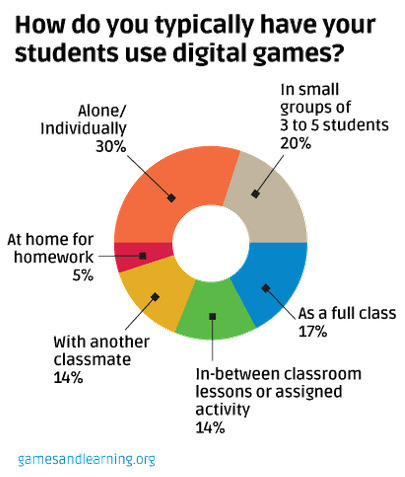
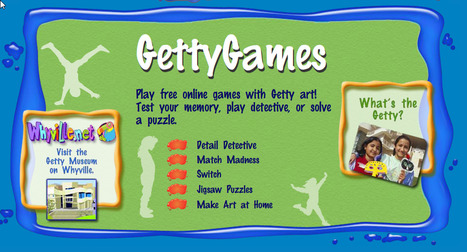
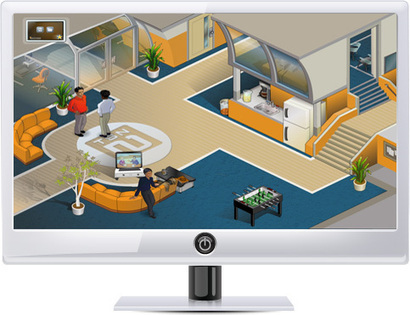
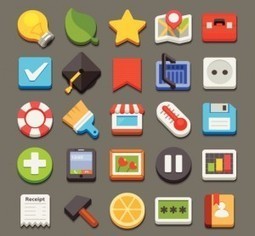

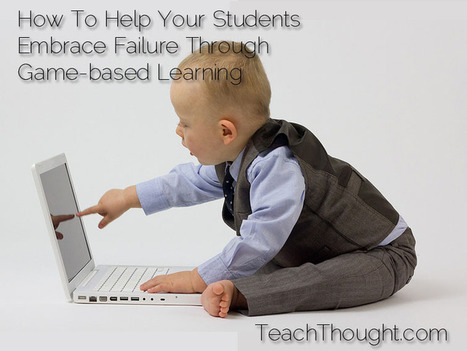

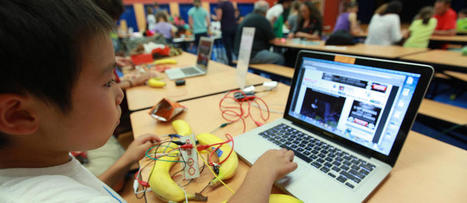



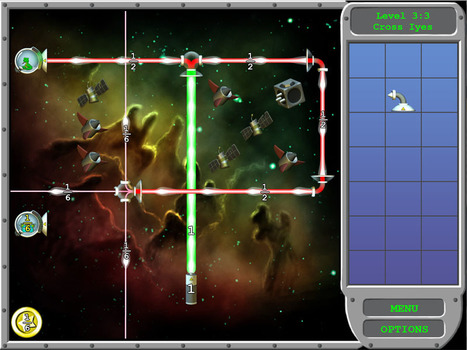
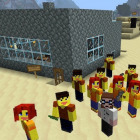

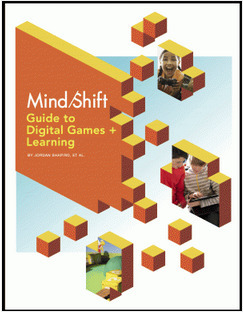
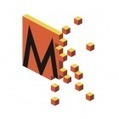
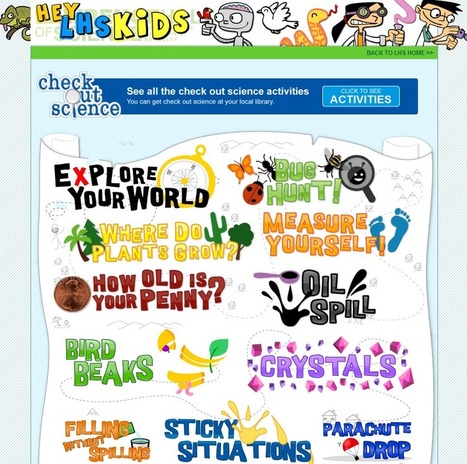

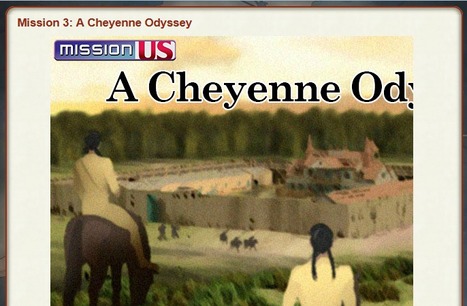

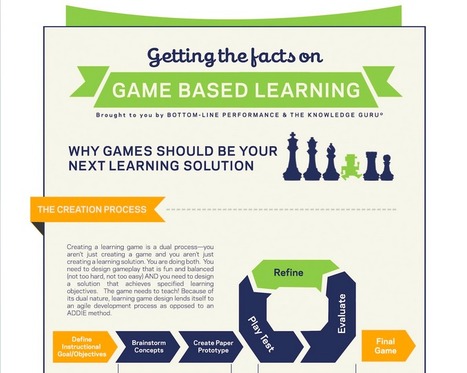
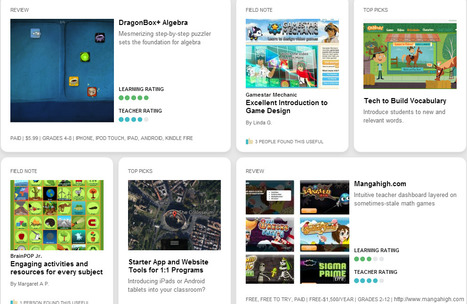



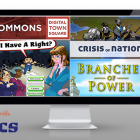
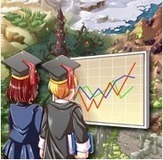





Game-based learning...has it come to your classroom yet? This post provides 23 great resources on game-based learning. The material is divided into the following sections:
* Understanding game-based learning: Is game-based learning effective, or is it frivolous? Learn more about it with the links provided in this section.
* Resources for getting started: Some great introductory resources to help you get started.
* Tools you can use: Find hands-on games and gaming ideas in this section.
* For teachers who design their own games: Well, you may not be in this place yet, but perhaps down the road. Find hints to help you plan out your games.
* Game-based education in the news: Learn more about what is going on from the resources provided here.
* Other resources: Additional resources on games and gamification.
Students like to play games, and when the "fail" in a game they tend to go back and try it again because they want to win. There are some amazing games available that are free. This post provides a range of resources that may help you make the leap to trying an online game with your students, or designing a game. You may be quite pleased with the outcome.